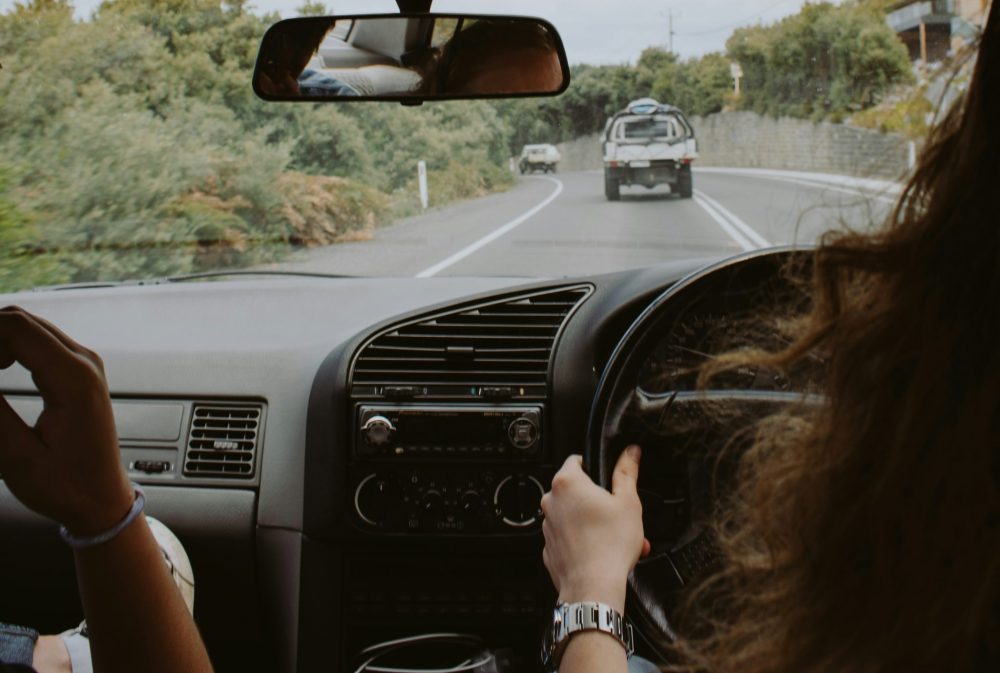
The Times is partnering with our local police to give them a platform to share important messages with our readers around crime-prevention and community safety. Below is the latest column from Sergeant Brett Meale of Howick Police.
Young people mainly come to the attention of police for driving offences, in particular breaching their driver licence conditions and on the odd occasion drink driving.
It’s disappointing because this group is over-represented in the crash statistics.
Parents should also be aware of these driver licence conditions and ensure their children are adhering to them.
Failure to do so may result in your child incurring fines, demerit points, and even losing their driver’s licence.
While you hold a learner licence, you must:
- Only drive with a licensed driver (who has held a full New Zealand driver’s licence for at least two years) sitting beside you, supervising your driving;
- Display learner (L) plates on the front and rear of vehicle;
- Not carry passengers without approval of your supervising fully licensed driver.
Remember, you must obtain your learner licence before you start learning to drive.
While you hold a restricted licence:
- You may drive on your own, but not between 10pm and 5am;
- Not carry passengers without the supervision of a licensed driver (who has held a full New Zealand driver’s licence for at least two years and is sitting beside you).
If you cannot meet the above conditions, it is simple – you cannot drive a vehicle.
The reason we have a three-step licensing system is to ensure young people develop the skills and knowledge to drive a vehicle safely.
Breaching any of your licence conditions may result in a $100 fine and 35 demerit points.
If you accumulate more than 100 demerit points within two years, you will be suspended from driving for three months.
Should you then drive whilst your licence is suspended, you are liable to be arrested, have your car impounded for 28 days at your expense, and face a court hearing.
The legal alcohol limit for drivers under the age of 20 is zero.
Teenagers must be particularly aware of driving the next day after having a few drinks the previous night.
There is no accurate, set measure for how long alcohol can stay in your system and be detected.
With a zero-alcohol limit there is no room for error.










